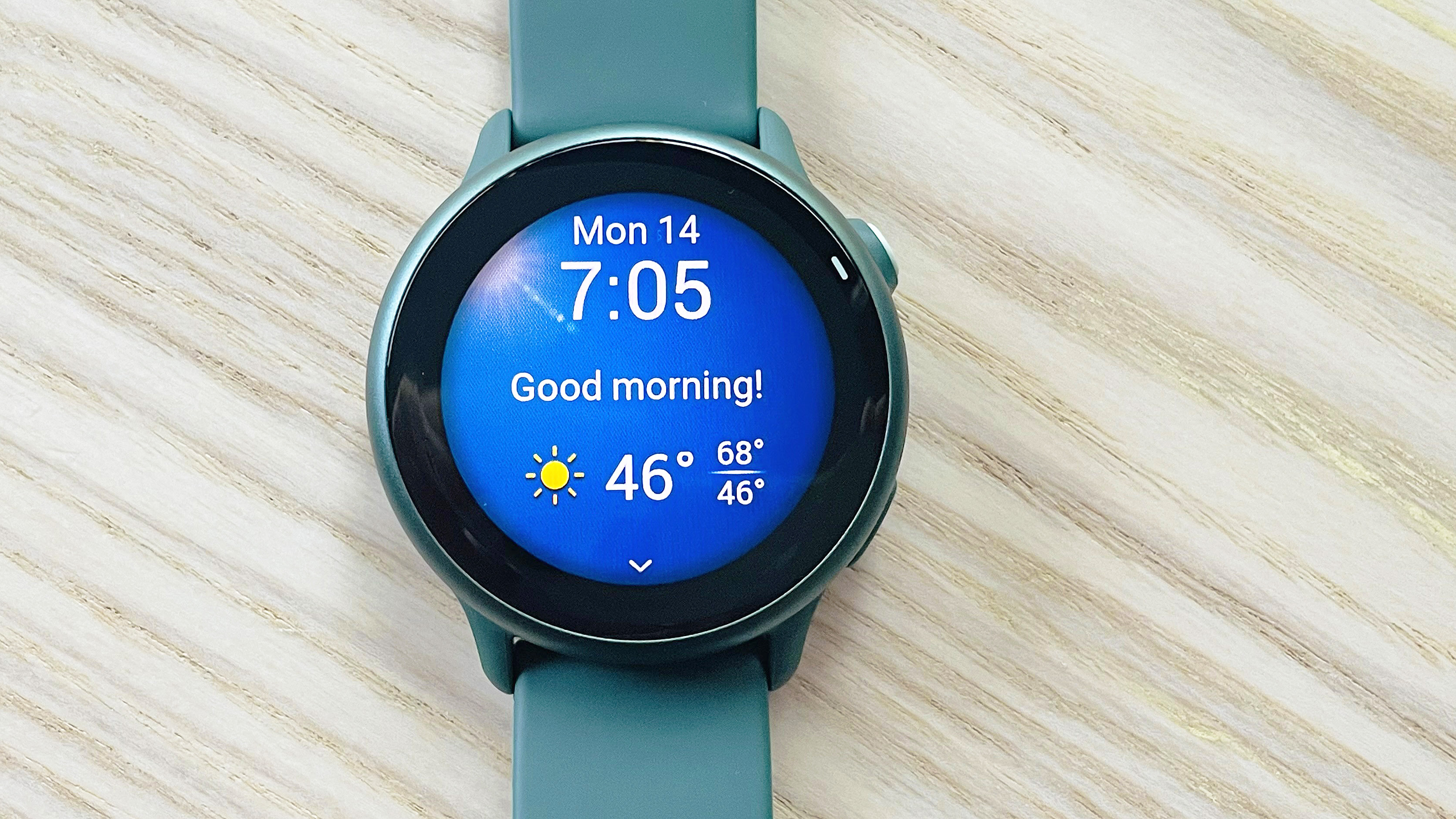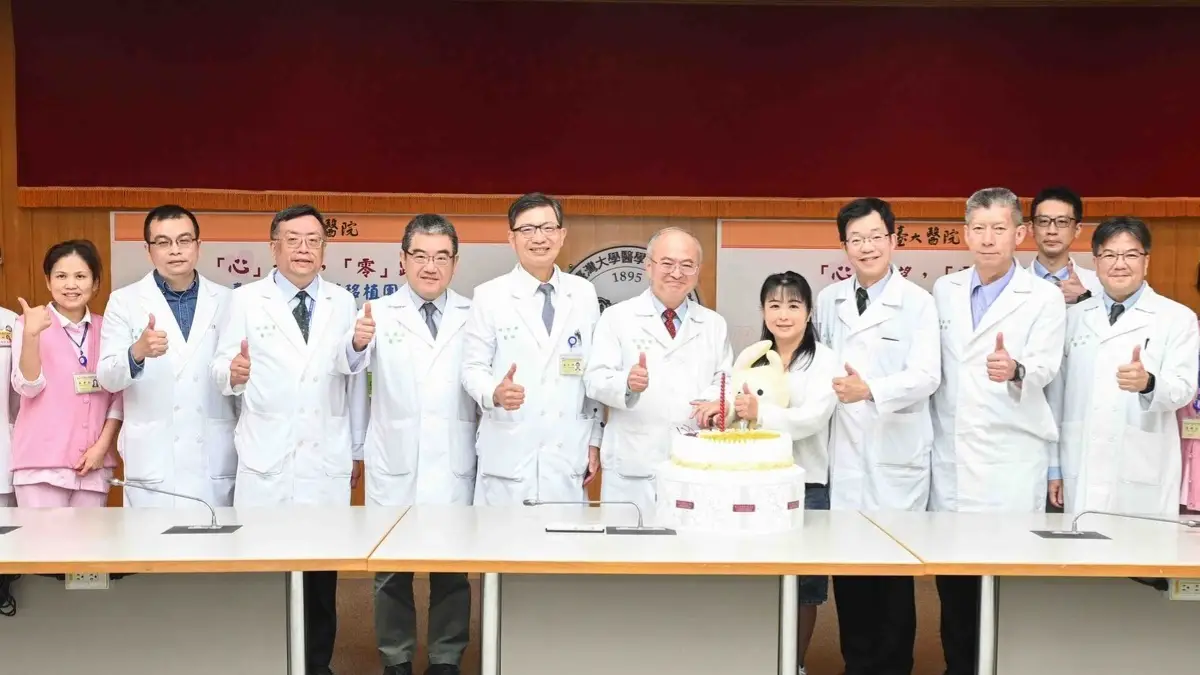Periods are no treat. Those who menstruate have to bear cramps, mood swings, irritability, and fatigue for two to seven days. But can you imagine if those periods never stopped? A TikTok user has shared a harrowing tale of bleeding for more than 1,000 days.
Poppy’s nightmare began in 2022, with doctors also left puzzled by her condition. Here’s her story. TikTokker Poppy started bleeding, normally, in 2022.

However, her periods did not end. She consulted a doctor after three weeks and was told to take medications to stop the flow. “Spoiler alert: it didn’t,” Poppy said in a recent video.
After that did not help, she went back to her physician two weeks later. As per a New York Post report, Poppy underwent several tests, including a transvaginal ultrasound. Scans revealed small cysts on her ovaries which can lead to irregular bleeding in menstruators.
“My iron levels? Rock bottom. The cramps? Awful,” Poppy said. “All of my muscles hurt, my bones hurt.
I have constant headaches, constant nausea.” Later, she was diagnosed with polycystic ovary syndrome (PCOS). But the doctors said the type of cysts on her ovaries were not behind her incessant bleeding.
“At this point, it’s been like three months that I’ve been on my period,” Poppy recalled. Poppy underwent a hysteroscopy – a scan where a thin tube with a camera on the end is inserted into the vagina and the uterus. As per DailyMail.
com , doctors found polyps, suggesting this could be responsible for the bleeding. However, it was eight months and Poppy’s periods had still not stopped. Doctors then ruled out polyps as the cause.
Poppy, a wheelchair user, was referred to another specialist, who put an intra-uterine device (IUD) into her uterus to put an end to the bleeding. More than a year went by but her bleeding had still not stopped. Doctors were left befuddled as to what was causing her prolonged periods.
“At this point, it’s been over a year. No one knows why I’m bleeding,” Poppy said. “I’ve had every test, every treatment, every medication they can offer me.
” She was then advised an MRI and ultrasound but both were clean. The 23-year-old continued medications. As none of it worked, it started taking a toll on her mental health.
“My mental health has taken almost as big a hit as my physical health throughout this whole situation,” she admitted. “There’s been times where I’ve not wanted to be here any more.” ALSO READ : What is ‘period anxiety’ that is making women athletes ditch their white shorts? It was on day 950 of her bleeding that Poppy came to know the cause of her nightmare.
A doctor suggested that her non-stop periods could be because of her bicornuate uterus, also known as a heart-shaped uterus. While a uterus is usually shaped like an upside-down pear, a bicornuate uterus dips inward in the middle, making it look like a heart, as per Cleveland Clinic . Speaking to DailyMail.
com , OB/GYN Dr Dympna Weil explained how this causes long-term bleeding. “Ovarian function is unaffected. However, as we do tend to see more cases of bicornuate uteri also having endometriosis (a condition where cells from the uterine lining - the ones that grow and shed each month - are located in other places in the body, outside the uterine cavity).
“Due to endocrine or hormonal effects of this process, you can see abnormal bleeding.” A bicornuate uterus is highly rare, affecting just five per cent of women. Most do not discover the condition until they are pregnant or have had several miscarriages, as per Cleveland Clinic.
While many with bicornuate uterus have no symptoms, some might experience painful periods, trouble during intercourse, irregular vaginal bleeding and pelvic pain. “A heart-shaped uterus sounds so cute until you realise it just kind of f–ks everything over,” Poppy said. “It can cause so many problems, and no one thought to mention it to me.
" She said her condition was discovered on the first ultrasound she had but no one told her. “I have spent 950 days in absolute agony, spending my lifetime f—king savings on period pads and period products, on new trousers, on new underwear, on new sheets,” she added. “I have cried every single day.
” Poppy finally knows the answer to her problem. She is considering getting surgery to correct her heart-shaped uterus that would end her ordeal. With inputs from agencies.
Health

TikToker had her period for 1,000 days. What is this condition, how common is it?

A TikTok user named Poppy has revealed her ordeal of bleeding for over 1,000 days. She got her period in 2022, but it did not stop even after weeks. The 23-year-old finally found what was causing her incessant bleeding on day 950














